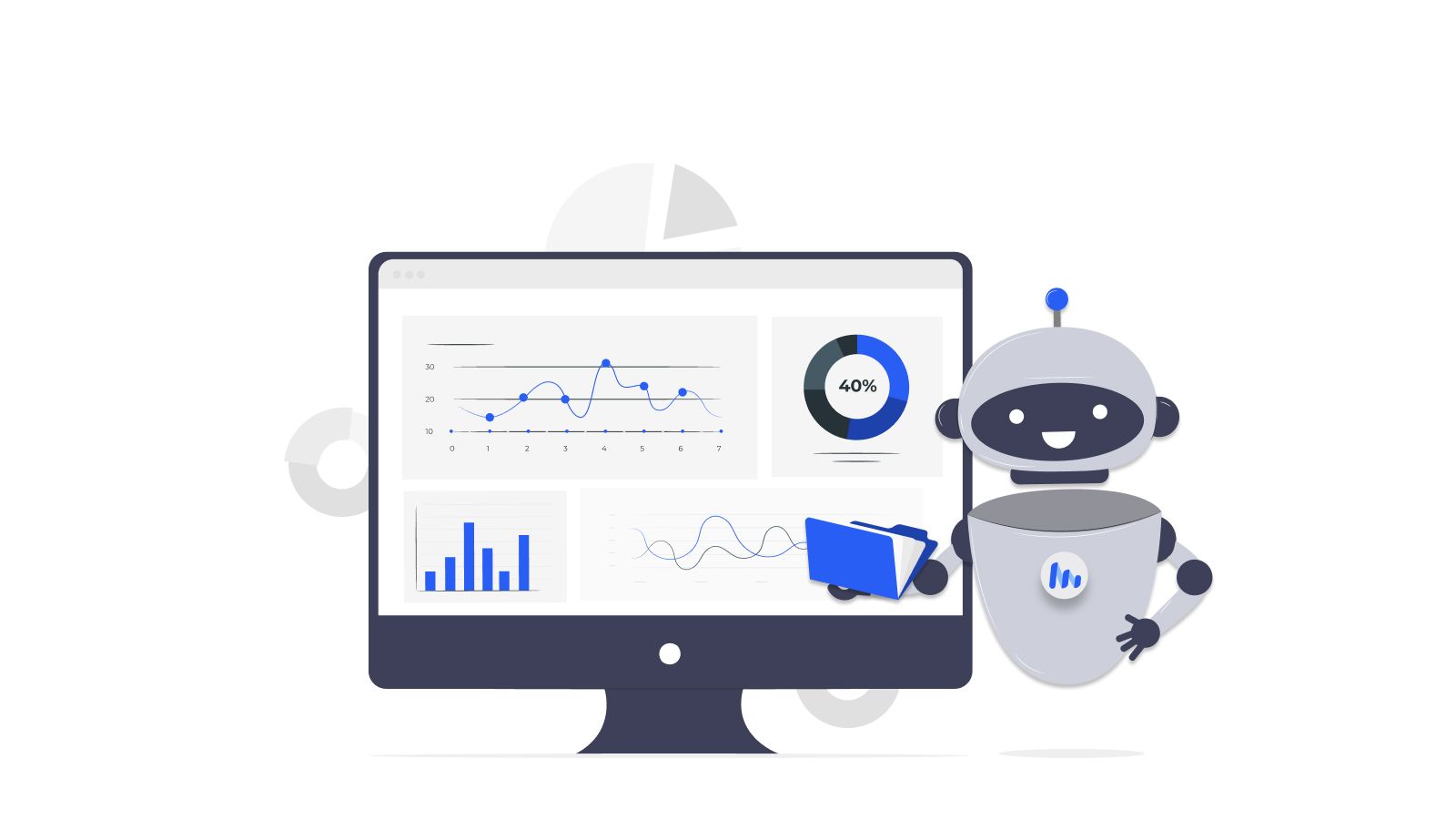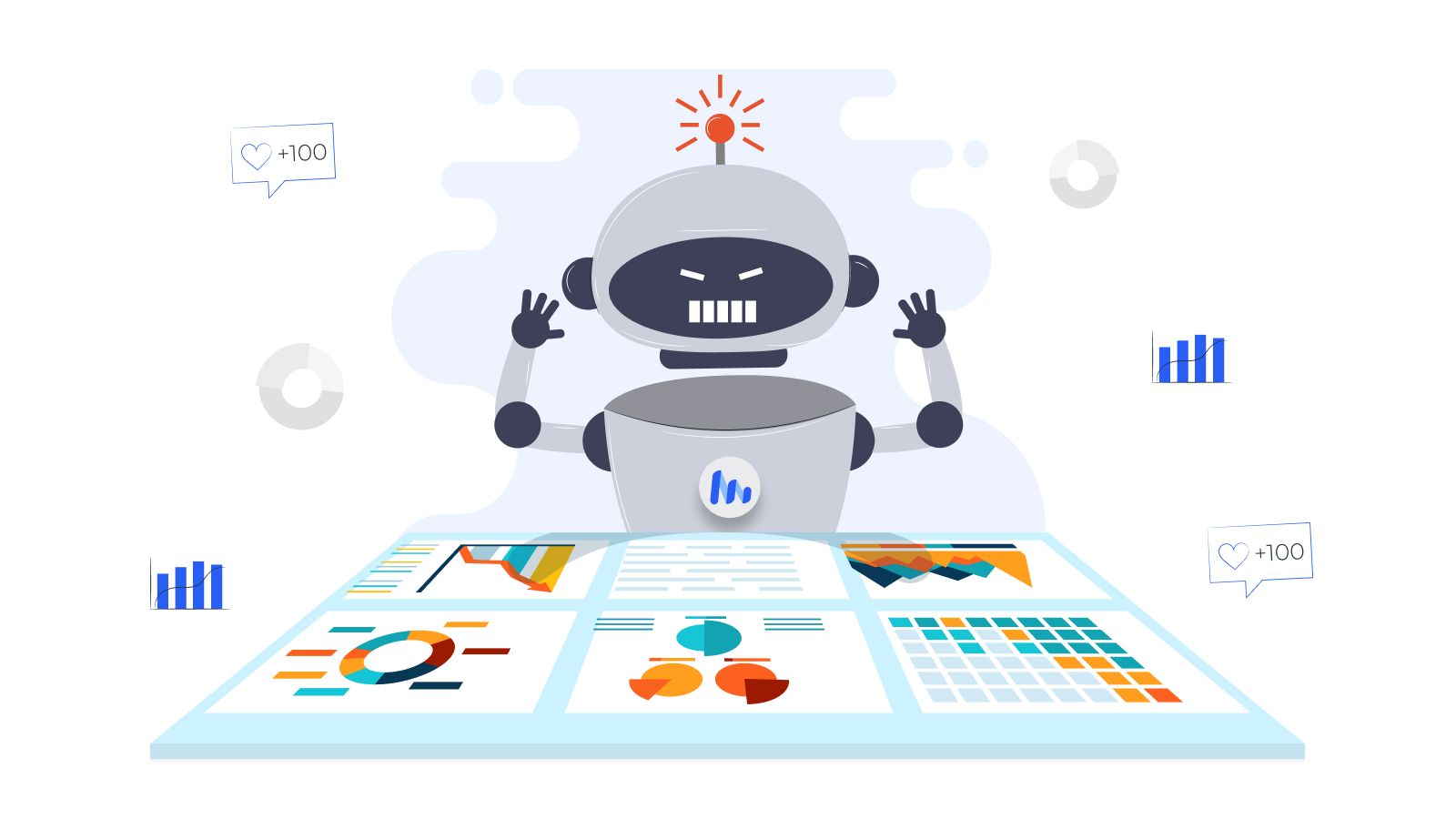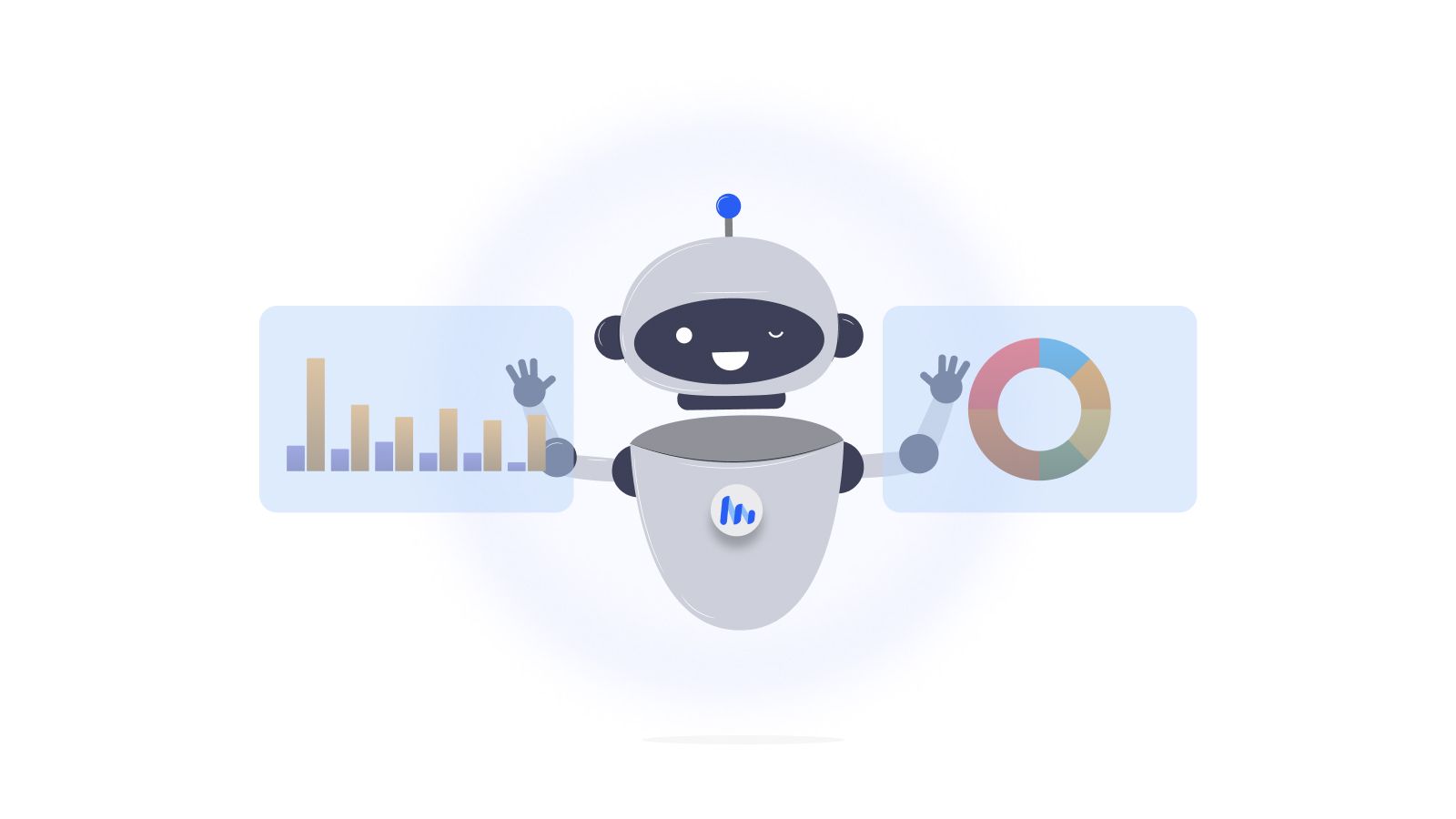How AI Improves Business Decision-Making
AI is revolutionizing business decision-making. Learn how it enables faster, more accurate decisions through data-driven insights and predictive analytics, essential for the future of leadership.


Parth Jaimini
2024-12-07
In today’s fast-paced business environment, making informed decisions is more challenging than ever. CEOs and decision-makers face an overwhelming amount of data, market volatility, and the constant pressure to stay ahead of competitors. In this landscape, relying solely on human intuition and traditional methods is no longer enough.
Enter Artificial Intelligence (AI)—a game-changer that’s transforming how leaders approach decision-making. By leveraging AI’s ability to analyze vast datasets, identify patterns, and generate predictive insights, businesses are now making faster, more accurate decisions than ever before. Let’s explore how AI is revolutionizing the decision-making process and why it’s critical for the future of business leadership.
The Challenges of Modern Decision-Making
The sheer volume of data available to businesses today is both a blessing and a curse. CEOs and decision-makers are often overwhelmed by the influx of information, trying to sift through endless spreadsheets, reports, and analytics dashboards to find actionable insights. Decision-making, which once relied heavily on experience and instinct, now requires precise data analysis and predictive insights to mitigate risks and seize opportunities.
Some common challenges include:
Data Overload: With so much data at hand, it’s difficult to know which information is relevant or how to interpret it quickly enough to take decisive action. Market Uncertainty: Rapid changes in the global market demand swift decisions, yet predicting trends or customer behavior can feel like a shot in the dark. Pressure to Innovate: Leaders must continually drive innovation, but without clear insights into what’s working and what’s not, these initiatives often feel like educated guesses.
This is where AI steps in.
AI’s Role in Data-Driven Decision-Making
Artificial Intelligence excels at one thing above all else: processing vast amounts of data at lightning speed. AI can absorb and analyze complex data sets, identifying patterns and trends that would take humans days—or even weeks—to uncover. By turning raw data into actionable insights, AI empowers business leaders to make decisions that are not just faster, but smarter.
1. Turning Data into Insights
One of AI’s biggest strengths is its ability to filter through mountains of data and extract relevant, actionable information. AI-driven analytics platforms, for instance, can continuously monitor internal and external factors affecting your business, from sales figures and supply chain logistics to market trends and customer behavior. By doing so, AI enables CEOs and decision-makers to see the bigger picture without drowning in irrelevant details.
2. Predictive Analytics: Anticipating What’s Next
Imagine being able to predict customer needs, market fluctuations, or operational inefficiencies before they happen. AI-powered predictive analytics makes this possible. By analyzing historical data and identifying patterns, AI can forecast future outcomes with remarkable accuracy. This helps leaders anticipate challenges, capitalize on emerging trends, and reduce the uncertainty that typically clouds major business decisions.
Whether it’s predicting shifts in consumer behavior, forecasting demand, or identifying financial risks, AI’s predictive capabilities allow businesses to stay ahead of the curve.
The Benefits of AI-Enhanced Decision-Making
The advantages of incorporating AI into your decision-making process go far beyond convenience. AI doesn’t just speed up the process; it improves the quality of decisions by eliminating human biases, reducing errors, and delivering insights that are deeply rooted in data.
1. Faster, More Informed Decisions
Time is money, and in today’s hyper-competitive market, the ability to make quick, data-driven decisions can be the difference between staying ahead or falling behind. AI streamlines decision-making by providing leaders with real-time insights, allowing them to respond to challenges and opportunities faster than ever before. What might have taken weeks of analysis can now be accomplished in minutes.
For example, AI can automate the analysis of complex financial reports or market research, enabling leaders to focus on strategy rather than data processing. This speed is critical in industries where timing is everything, such as retail, finance, and technology.
2. Improved Accuracy and Reduced Risk
Every decision carries risks, but AI helps minimize them. AI’s ability to analyze vast datasets without human bias or fatigue results in more accurate, data-driven recommendations. By reducing human error and emotional bias, AI ensures that decisions are based on hard evidence rather than gut feelings. This leads to more consistent and reliable outcomes.
For instance, in supply chain management, AI can optimize inventory levels by predicting demand patterns and ensuring that stock is replenished at the right time, reducing waste and saving costs. In finance, AI can flag potential risks in investment portfolios before they become problematic, allowing leaders to make proactive adjustments.
3. Personalized Decision-Making
One of AI’s emerging strengths is its ability to deliver hyper-personalized recommendations, tailored to specific business needs. AI can analyze customer behavior at an individual level, allowing businesses to offer personalized experiences that drive customer satisfaction and loyalty.
For decision-makers, this means they can drill down into micro-level insights, understanding exactly how their customers are behaving and responding to specific strategies. Whether you’re leading a global corporation or a startup, AI gives you the tools to personalize decisions in ways that traditional analytics simply can’t match.
Why AI is Essential for the Future of Decision-Making
The future of business will be driven by data, and companies that leverage AI to make decisions faster and more intelligently will have a significant competitive advantage. AI isn’t just a tool for data analysts or IT departments—it’s a critical asset for every leader who wants to thrive in an increasingly complex business environment.
As AI continues to evolve, its role in decision-making will only grow. We’re moving toward a future where AI doesn’t just assist decision-makers—it partners with them, identifying opportunities, flagging risks, and even autonomously making operational adjustments in real-time.
For CEOs and decision-makers, the message is clear: Embracing AI isn’t optional—it’s a necessity. Those who adopt AI now will be better equipped to lead their organizations into a future defined by speed, precision, and data-driven insights.
Final Thoughts: Why CEOs Should Prioritize AI in Decision-Making
In the fast-evolving business landscape, AI is no longer just a competitive edge—it’s a requirement for survival. By integrating AI into your decision-making processes, you’re not just enhancing your ability to react—you’re empowering your organization to predict and lead with confidence. From faster decisions to more accurate predictions, AI offers a pathway to more effective leadership in an increasingly data-driven world.
Now is the time to act. Leaders who take the initiative to adopt AI will be the ones shaping the future of their industries—while those who don’t will find themselves playing catch-up.
Ready to future-proof your decision-making processes? [Visit our website] and learn how AI can transform the way you lead your business.
Related posts
Looking for a marketing purpose analytics tool?
Click HereNewsletter
Website owned by : KAIROS LABS PRIVATE LIMITED, Tonk Phatak Jaipur - 302015, Rajasthan
All Rights Reserved
Email : Support@llmate.ai




